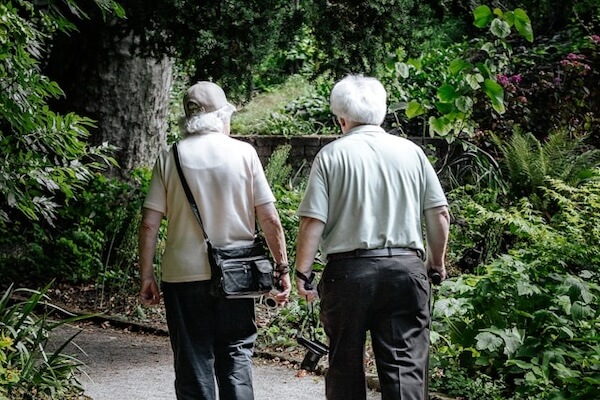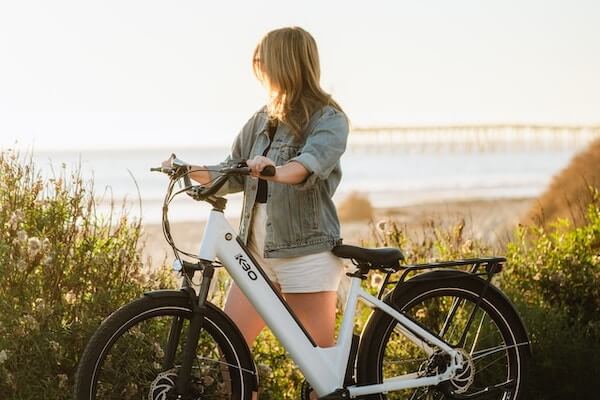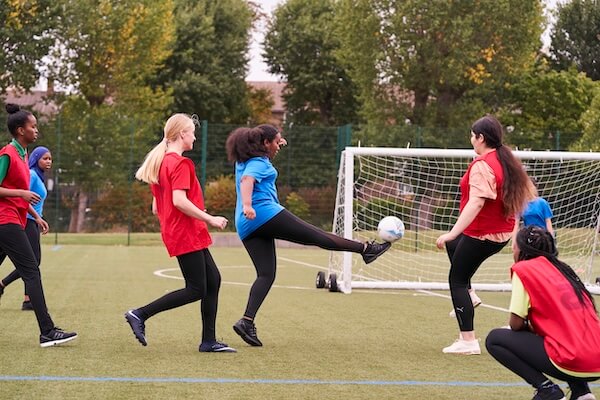
A new report from the Australian Institute of Health and Welfare (AIHW) paints a clear, but challenging, picture of brain health in Australia. The latest statistics highlight that dementia is a major health and aged care issue that is only set to grow, making a focus on prevention more crucial than ever before.
The report, Dementia in Australia, reveals that an estimated 425,000 Australians are currently living with dementia. Even more striking is the projection: by 2065, that number is expected to climb to over one million people. Furthermore, the report shows the serious impact on our community, noting that in 2023, almost one in ten deaths in Australia involved dementia.
These figures aren't just statistics; they represent a significant national health challenge and a clear call to action for all of us to prioritise our long-term health.
Your Most Powerful Tool is Already in Your Kit
While dementia is complex, the positive news is that we are not powerless. Experts agree that a significant portion of dementia risk is linked to modifiable lifestyle factors. This is where our focus on fitness, activity, and community truly shines.
We often think of physical activity as essential for a strong heart or healthy weight, but its role in preserving cognitive function is equally vital. Regular exercise helps increase blood flow to the brain, which supports brain cell health and communication. It can also help manage other conditions that increase dementia risk, such as diabetes, high blood pressure, and high cholesterol.
In short: what's good for your heart is great for your head.
Moving Beyond the Gym: The Power of Social Connection
The AIHW report underlines that dementia has a substantial impact on the quality of life for the person affected, their family, and their friends. By finding ways to stay active, we are not only addressing a key physical risk factor, but also tackling another major element of brain health: social connection.
Research consistently shows that staying socially engaged and learning new things can help build cognitive resilience. This is why we are big advocates for social, community-based activity.
Instead of just doing a solo workout, why not try activities that tick both boxes?
- Join a social walking group: Get the physical benefits of movement while chatting and making new friends.
- Try a new team sport: Netball, walking soccer, or local tennis groups offer physical activity alongside the challenge of learning plays and cooperating with others.
- Find a dance class: Combining physical movement with the mental effort of remembering steps is a brilliant way to stimulate the brain.
Embracing an active, social lifestyle is one of the most proactive steps you can take to future-proof your brain health. It's about building a fun, active life now that pays dividends for decades to come.
Sources
- Australian Institute of Health and Welfare (AIHW) – [Dementia in Australia](https://www.aihw.gov.au/reports/dementia/dementia-in-aus/contents/about)






